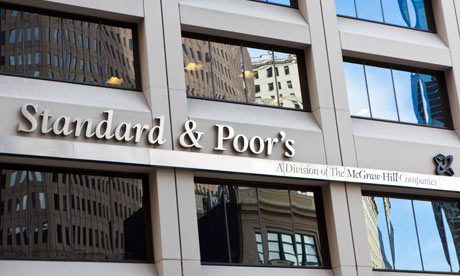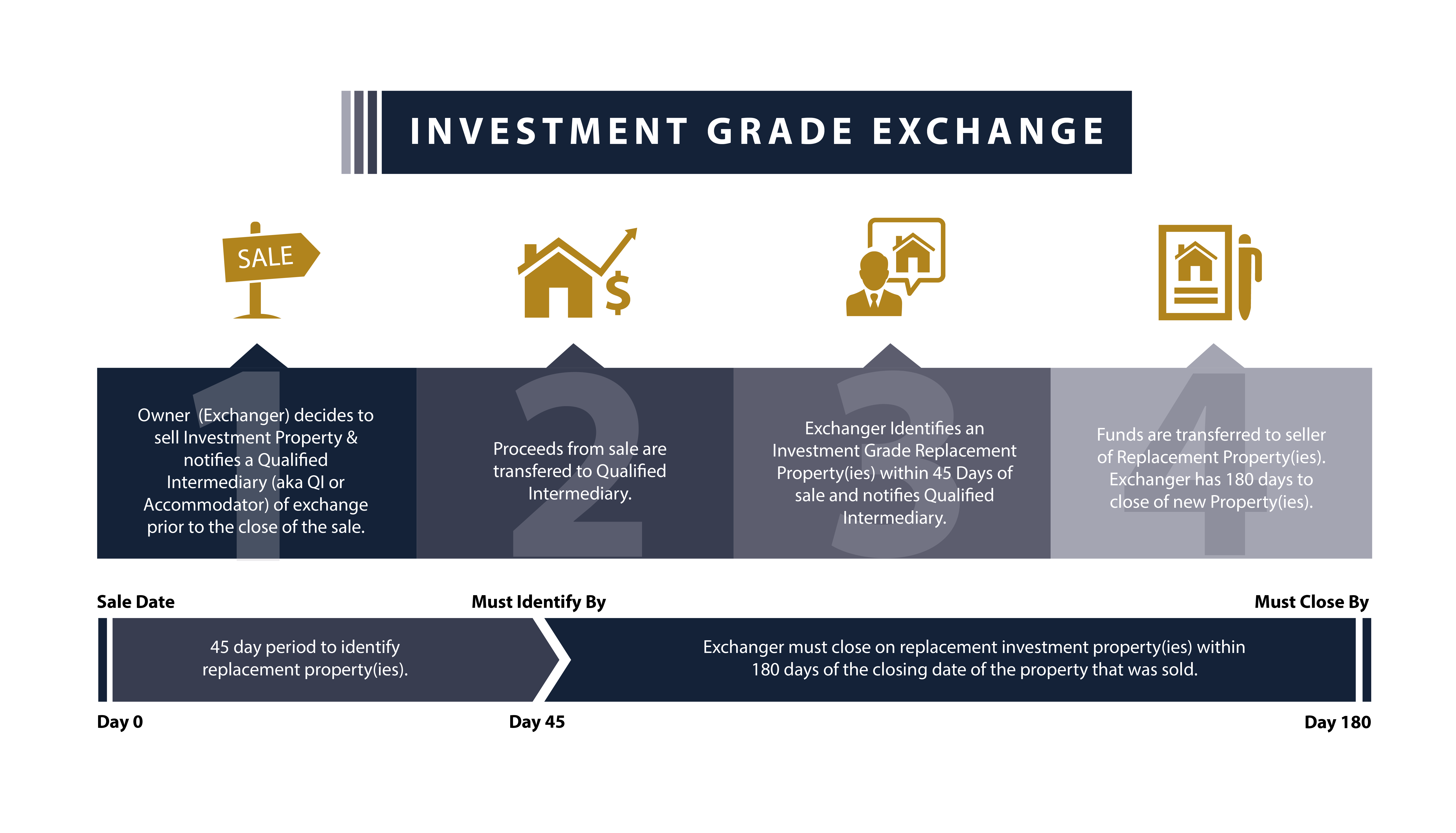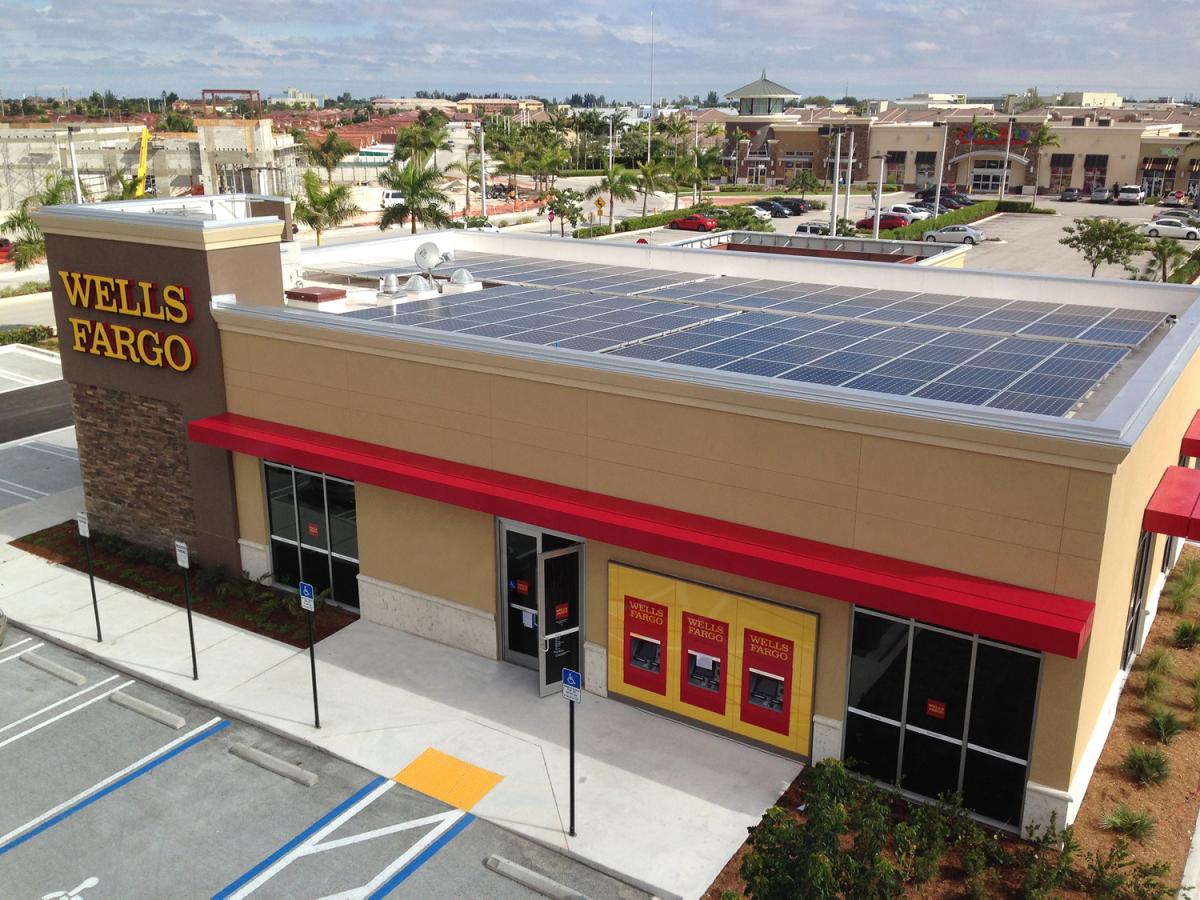Investment Grade
Real Estate
Real Estate: Grading the Investment for Long-Term Success
Real estate is a cornerstone of wealth creation, offering investors opportunities to build stable, cash-flowing portfolios while achieving significant appreciation over time. In the Real Estate category, we explore how “investment grade” principles apply across the diverse spectrum of real estate assets, from commercial properties rated by Class (A, B, C) and NNN leases to the rapidly evolving field of residential investment. Whether you’re investing in long-term rentals, short-term vacation properties, or Build-to-Rent (BTR) communities, understanding how grading these assets enhances decision-making is critical to maximizing returns and minimizing risk.
Grading Commercial Real Estate Investments
Commercial real estate (CRE) remains the backbone of institutional and individual investment strategies, with assets often graded by Class (A, B, C) to reflect their quality, location, and market positioning. Class A properties, often newer buildings in prime locations, boast high-quality tenants and superior amenities, making them the gold standard of “investment grade” commercial assets. Class B and C properties, while offering lower entry costs, are graded by their potential for value-add opportunities, such as renovations or operational improvements.
NNN (Triple Net) lease properties take grading a step further, tying the asset’s stability to the creditworthiness of its tenant. Investment grade NNN properties leased to corporations like Amazon, Walgreens, or FedEx provide predictable income streams with minimal management responsibilities. These assets represent the pinnacle of low-risk, long-term investment opportunities in the CRE space. By understanding how grading criteria—from tenant credit ratings to location analytics—affect an asset’s overall profile, investors can better align their portfolio strategies with their financial goals.
The Growing Sophistication of Residential Property Grading
Residential real estate has become increasingly sophisticated in how investment opportunities are assessed and graded. No longer limited to a binary “good or bad” decision, today’s investment grade residential properties are evaluated based on metrics that go beyond simple location or price. For long-term rentals, factors like tenant quality, operating expenses, and neighborhood growth trends play a significant role in determining whether a property meets the standards of a stable and lucrative investment.
Short-term rentals (STRs), such as vacation homes or Airbnb properties, are now being graded based on their revenue potential, seasonality, and management efficiency. Investment grade STRs often feature prime locations, unique amenities, and reliable year-round occupancy rates, allowing them to stand out in competitive markets. With platforms like Investment Grade leading the way, investors can better evaluate short-term rental opportunities with a level of precision that was previously reserved for large-scale commercial deals.
Build-to-Rent (BTR) communities represent a hybrid of the commercial and residential markets, combining the operational efficiency of multifamily assets with the individuality of single-family homes. These purpose-built communities are increasingly viewed as investment grade due to their appeal to tenants seeking quality rental options without the burdens of ownership. Grading these developments involves assessing not just tenant demand but also scalability, management practices, and long-term sustainability.
How Investment Grade Enhances Real Estate Grading
At Investment Grade, we help investors apply rigorous grading standards to every real estate opportunity, ensuring that decisions are backed by data and aligned with long-term objectives. For commercial properties, we provide in-depth assessments of tenant creditworthiness, lease terms, and market conditions. For residential investments, we evaluate rental income potential, property appreciation trends, and emerging opportunities in the short-term and Build-to-Rent sectors.
Our grading methodology ties all these elements together, offering investors a comprehensive view of an asset’s potential. By combining traditional metrics like cap rates and net operating income (NOI) with modern tools like revenue projection models and tenant analytics, we bring a level of sophistication to real estate investing that empowers clients to confidently grow their portfolios.
Elevating Real Estate Investment Standards
The real estate market is vast and varied, but grading each opportunity with investment grade principles ensures that your portfolio remains resilient and profitable across economic cycles. Whether you’re focused on acquiring a Class A office building, diversifying into short-term rentals, or exploring the scalability of Build-to-Rent communities, this category offers the insights and strategies needed to make informed, high-quality investments.
Through our commitment to grading the investment, Investment Grade helps you navigate the complexities of real estate with clarity and precision. By tying asset quality, financial metrics, and market trends into a cohesive framework, we empower investors to make smarter decisions and achieve lasting success in both commercial and residential markets.

-

100% Bonus Depreciation for NNN Investors — What the One Big Beautiful Bill Act Means for Net Lease Tax Strategy in 2026
23rd February 2026 | by the Investment Grade Team
The One Big Beautiful Bill Act permanently restored 100% bonus depreciation for NNN investors. Learn how cost segregation, the CRE debt maturity wall, and new tax provisions create a generational opportunity for net lease buyers in 2026.
-

7-Eleven Credit Rating
23rd February 2026 | by the Investment Grade Team
Creditworthiness & Financial Strength 7-Eleven stands as a formidable player in the convenience store sector with strong financial backing from its parent company, Seven & i Holdings Co., Ltd. The company maintains impressive credit ratings that reflect its financial stability and market dominance. Standard & Poor’s rates 7-Eleven with an ‘A’ long-term credit rating, while…
-

The Essential Guide to Due Diligence for Net Lease Properties
23rd February 2026 | by the Investment Grade Team
In today’s investment landscape, net lease properties have emerged as an attractive option for passive investors seeking stable, long-term income with relatively low risk. As a passive investor, the appeal lies in the steady cash flow generated by tenants responsible for most property-related expenses, such as maintenance, insurance, and taxes. However, while the concept of…
-

Medical Office Buildings: Making the Grade as Premium Investment Real Estate in 2025
23rd February 2026 | by the Investment Grade Team
In the diverse landscape of commercial real estate, medical office buildings (MOBs) have emerged as a standout investment-grade asset class. Long overlooked in favor of more traditional commercial properties, MOBs continue to demonstrate remarkable resilience, stability, and growth potential, particularly in today’s uncertain economic climate. As we navigate through 2025, the healthcare real estate sector…
-

Net Lease Investments: Stability in Uncertain Times
23rd February 2026 | by the Investment Grade Team
In today’s volatile economic landscape, characterized by fluctuating interest rates and persistent market uncertainties, investment-grade net lease properties continue to stand out as compelling vehicles for investors seeking reliable income streams combined with relatively lower risk profiles. As we navigate through 2025, understanding the nuances of this investment class has become increasingly important for investors…
-

Investment Grade Credit Tenant Ratings
23rd February 2026 | by the Investment Grade Team
Investment Grade Credit Rating Chart Index INVESTMENT GRADE TIER GRADE S&P MOODY’S PRIME AAA AAA Aaa HIGH GRADE AA+ AA+ Aa1 AA AA Aa2 AA- AA- Aa3 UPPER MEDIUM GRADE A+ A+ A1 A A A2 A- A- A3 LOWER MEDIUM GRADE BBB+ BBB+ Baa1 BBB BBB Baa2 BBB- BBB- Baa3 NON-INVESTMENT GRADE SPECULATIVE BB+…
Investment Grade | Investment Grade Real Estate | Investment Grade Capital | Investment Grade Ratings



